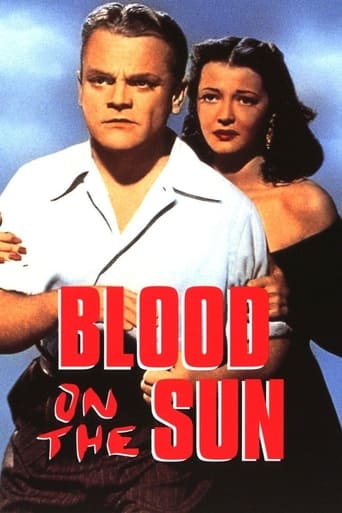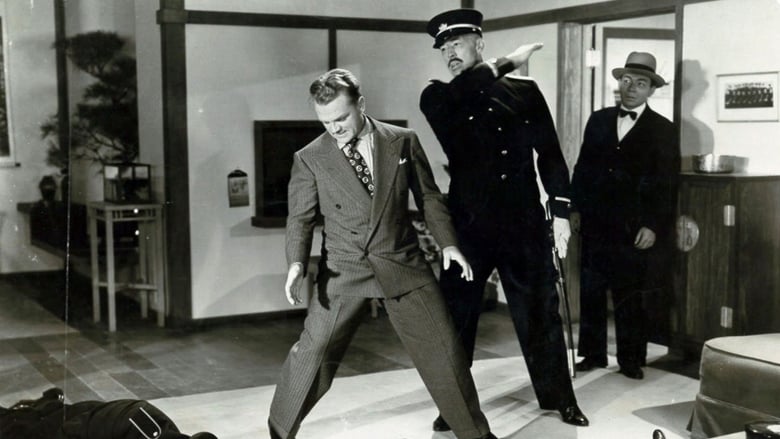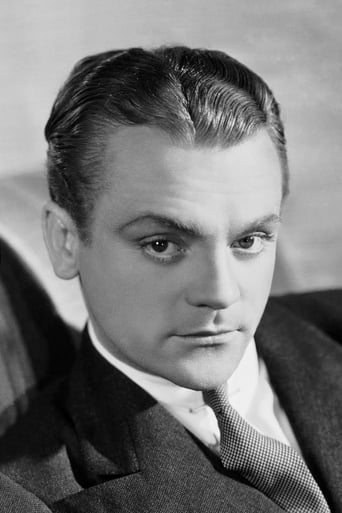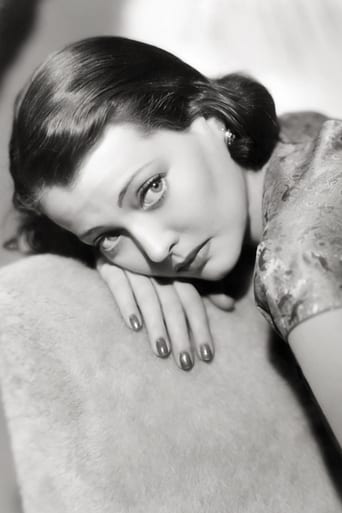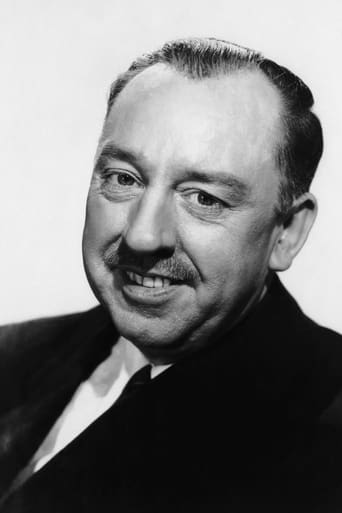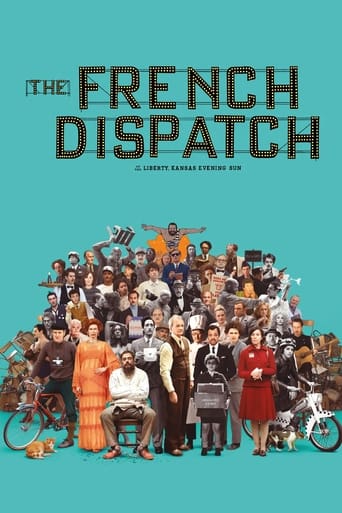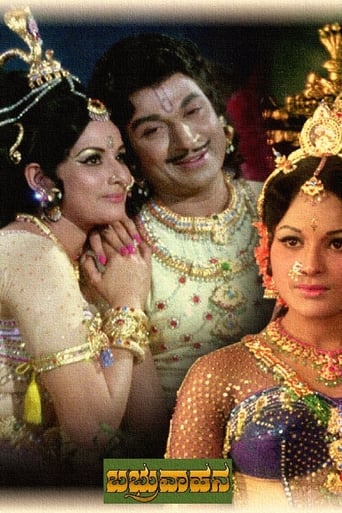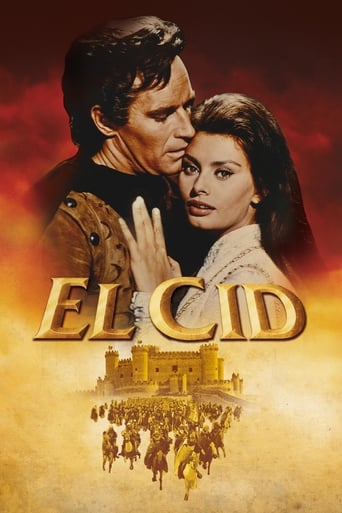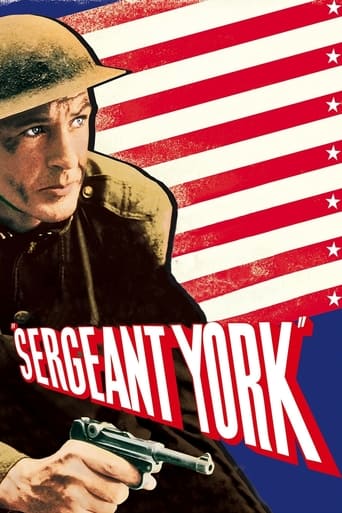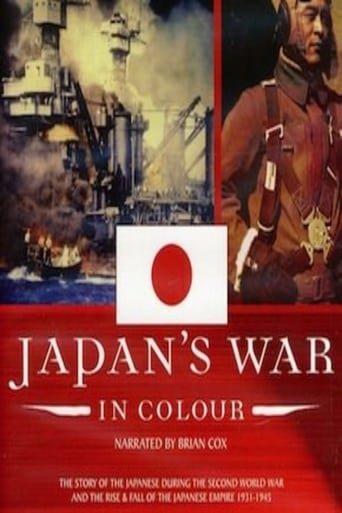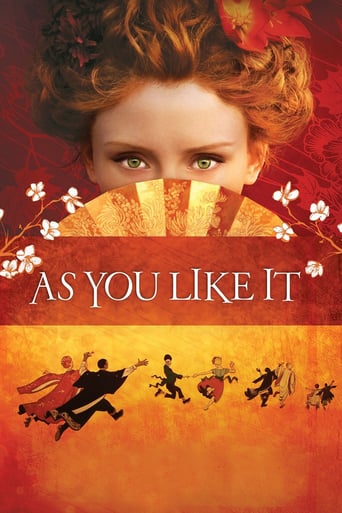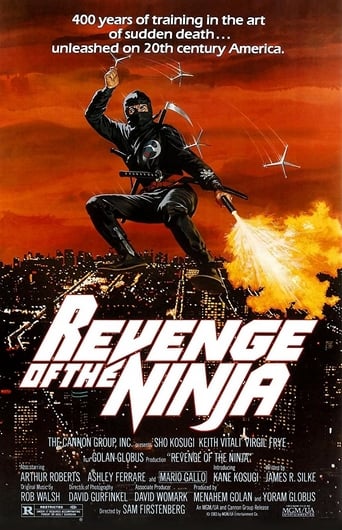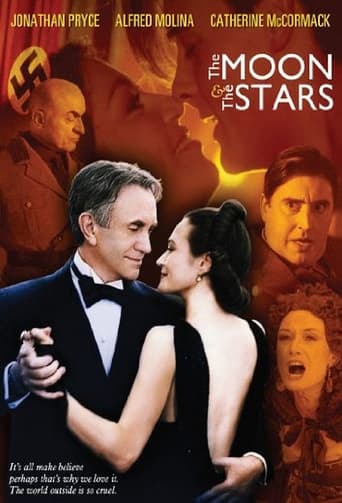Blood on the Sun (1945)
Nick Condon, an American journalist in 20s Tokyo, publishes the Japanese master plan for world domination. Reaction from the understandably upset Japanese provides the action, but this is overshadowed by the propaganda of the time.
Watch Trailer
Cast


Similar titles
Reviews
Producer: William Cagney. Copyright 15 June 1945 by Cagney Produc¬tions, Inc. Released through United Artists. New York opening at the Capitol: 28 June 1945. U.S. release: 15 June 1945. U.K. release: 27 August 1945. Australian release: 27 June 1946. 8,442 feet. 94 minutes.SYNOPSIS: Pre-war Tokyo. Newspaperman uncovers Japanese master plan for world conquest.NOTES: The Academy of Motion Picture Arts and Sciences' Annual Award for Art Direction (black-and-white), went to Wiard Ihnen, production designer, and A. Roland Fields, set decorator (defeating Experiment Perilous, The Keys of the Kingdom, Love Letters, and The Picture of Dorian Gray).Domestic rental gross: approx. $3.4 million.COMMENT: If ever an award for Art Direction was well-deserved, Blood on the Sun is it. Even the film's billing and publicity people were aware of the art director's contribution. For once, Ihnen receives a single full-frame credit. In point of fact, he prepared a detailed storyboard for the entire picture, indicating all frame arrangements and camera angles. Director Frank Lloyd (who was the Cagneys' second choice when Warners refused to loan out Michael Curtiz) followed Ihnen's plans scrupulously, - from the opening one-take action shot of the riot outside the newspaper office to the dazzling crane shot through the pier pylons at the climax. The sets hit the eyes with such a marvelously dramatic impact, that the ears take little notice of the nonsensical story and the ridiculous posturing of familiar Occidental players pretending to be Japanese.Aside from its vivid, powerful sets, however, Blood on the Sun is very much a product of its period. Collectors of naively racist philosophy will have a field day here. Particularly noteworthy is Cagney's final line: "Love your enemies? But first - get even!" Cagney's own performance sums up this credo as he wrestles and judos his way through hordes of Japanese, proving the superiority of the white to the yellow warrior - much to the delight of his fans. Unfortunately, the rest of the players are either weighed down by their make-up or overawed by the fist-popping Cagney. Only Leonard Strong as a not over bright Secret Service agent ("We took our families to see the cherry blossoms!") makes any impression.The other major feature of Blood on the Sun is Miklos Rozsa's tingling music score - which should have been nominated for an award but wasn't. Rozsa did win for Spellbound, but in my opinion Blood on the Sun is at least equally exciting and dramatic. All Rozsa fans should definitely invest in a sound track of this one as well.
Hokey WWII propaganda film with Tokyo-based newspaper man Jimmy Cagney exposing the Japanese duplicity with their relationships with China and the US and their intention for world domination. There's plenty of intrigue with spy Sylvia Sidney apparently trying to get the Tanaka Memorial (Japanese war plans) from Jimmy on behalf of the Japanese. Jimmy successfully takes on most of the Japanese police force and avoids being shot and killed by a small army at point blank range. His romantic relationship with lovely Sidney doesn't quite hit the mark. The cast is good as is the acting. But there are many inconsistencies throughout that diminish the film's credibility. The ending is reminiscent of Casablanca - I expected the line "This is bigger than the both of us". Okay for Cagney fans.
James Cagney, tired of the Warner brothers' niggardliness, left the studio and established his own production company with his brother Bill. He shouldn't have.The productions ranged from the ambitious ("The Time of Your Life") to the potboilers like this one. Avoid it.Cagney is his usual bouncy and engaging self but the story of a newspaper reporter in Tokyo in the pre-war years fails almost completely. Well, 1945, and we were at war with Japan so some excess should be expected. Yet it needn't be quite as lowbrow as this. "Thirty Seconds Over Tokyo" was far more mature.Here the Japanese are all slimy creatures, polite, treacherous, and in the case of the chief villain -- who is an astounding ten feet tall -- I swear wears a set of false buck teeth. The dialog and acting are nearly unbearable."I want to call my editor." "Is not permitted terephone. Prease reave."I couldn't sit through it without chemically altering my brain beforehand -- and I hadn't.
After James Cagney won his Academy Award for Best Actor, he broke free of Warner Bros. and began focusing on what he considered to be art. Cagney's own production company made this wartime thriller, and it is one of his better efforts among his 1940's independent works. Cagney plays an American newspaper reporter living in Japan who crosses wires with the expansionist Japanese government. Cagney's character is fluent in both Japanese and Chinese, and even knows judo. It's refreshing to see a film from the immediate post-war era that doesn't try to simplify the problem of what happened in Japan and Germany with something like - If only these people would start playing baseball, learn to love hot dogs, and be more like Americans, this sort of thing would never have happened.Cagney's character, Nick Condun, has to hide some expansionist Japanese plans from the Japanese government until he can safely get the data to the American embassy. Along the way he finds an ally in half-Chinese Sylvia Sydney's character Iris Hilliard, who becomes Nick's love interest. One thing about the production code you have to understand - interracial love is strictly taboo, so Nick and Iris' love scenes are less than satisfying. At the end of the film they share just the tiniest bit of a kiss.Cagney is always fun to watch whether he's on an unrighteous or righteous tear, so I'd recommend it even if the script could have perhaps been a little more lively to match the energy of the lead actor.

